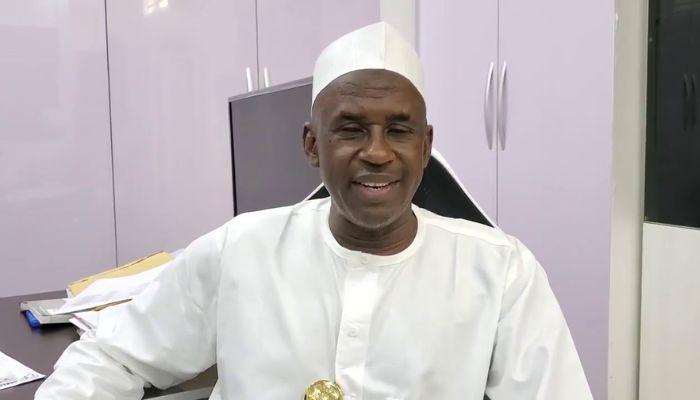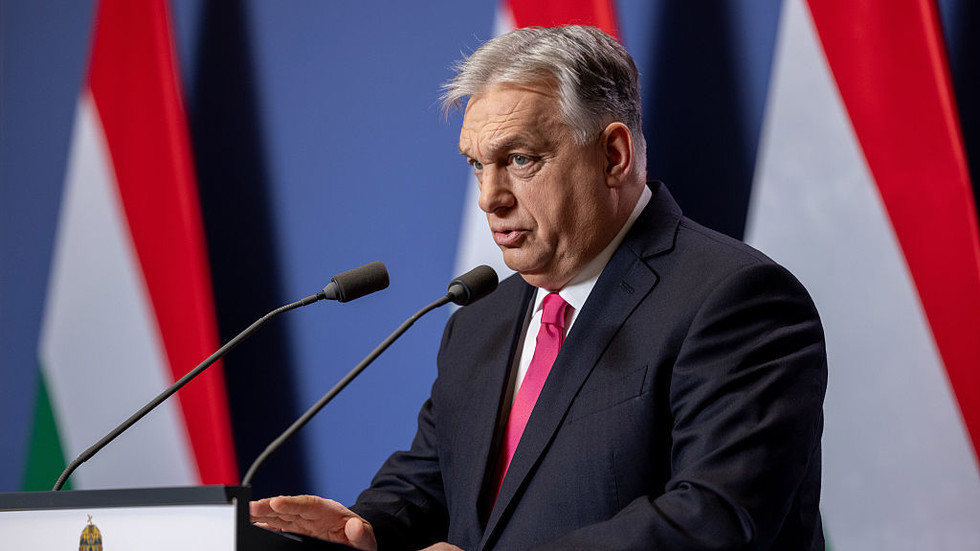Nigeria is on the brink of a significant change in its electricity pricing, as the Minister of Power, Adebayo Adelabu, has announced plans to introduce tariffs that reflect the true costs of electricity. This move is driven by the country’s struggle to maintain electricity subsidies, which have become a significant burden on the economy. According to Adelabu, the current subsidy system is unsustainable, and citizens must be prepared to pay the actual cost of the energy they consume.
The minister’s statement comes as the Federal Government grapples with an outstanding debt of over N4 trillion owed to Generating Companies (Gencos) for overdue subsidy payments. The Nigerian Electricity Regulatory Commission (NERC) has reported that the average real tariff for electricity stands at N116.18 per kilowatt-hour, while consumers are currently charged N88.2 per kilowatt-hour. This disparity has resulted in a subsidy cost of N27.97 per kilowatt-hour, which is borne by the government.
The subsidy benefit is currently enjoyed by 85% of NESI customers, with only 15% classified as Band A customers being exempt. However, the minister has assured that the Federal Government will continue to provide targeted subsidies to economically disadvantaged Nigerians. This move is aimed at ensuring that the most vulnerable members of society are protected from the impact of the new tariffs.
Adelabu’s spokesperson, Bolaji Tunji, quoted the minister as emphasizing the need for citizens to pay the appropriate price for the energy they consume. This shift in policy is expected to have far-reaching implications for Nigeria’s economy and its citizens. As the country strives to become more economically sustainable, the introduction of cost-reflective tariffs is seen as a necessary step towards achieving this goal. The government’s decision to maintain targeted subsidies for the disadvantaged is a nod to the need to balance economic realities with social responsibility. As Nigeria embarks on this new path, it remains to be seen how the changes will be received by its citizens and the impact it will have on the country’s economic landscape.



